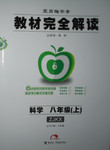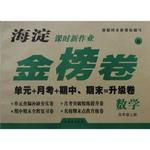题目内容
—Could I use your dictionary? —Yes, you .
A. can B. could C. need D. should
 王后雄学案教材完全解读系列答案
王后雄学案教材完全解读系列答案 海淀课时新作业金榜卷系列答案
海淀课时新作业金榜卷系列答案阅读下面对话,从方框中选择五个最适当的句子完成对话(其中有2个选项是多余的)。
Li Yang: Good morning, Mathew.
Mathew: Good morning, Li Yang. 1.
Li Yang: There's still smog(雾霾)today. We'll have to go to school with face masks(口罩).
Mathew:2. According to the news, PM2.5 pollution is the main problem with air pollution.
LiYang: Yes, and air pollution has done harm to people's health.
Mathew: So the Chinese government and Chinese people must take action to fight it.
Ji Yang:3.
Mathew: Since PM2.5 is mainly caused by vehicles(机动车)and factories, cars with large emissions(排放)should not be allowed and factories should be closely watched.
LiYang:4. We hope that more and more people will join us in making the blue skies return for good.
Mathew:5.
A. I hope so, too. B. Can you give any advice? C. I don't think so. D. What a pityl E. I agree. F. What's the weather like today? G. That's OK. |

